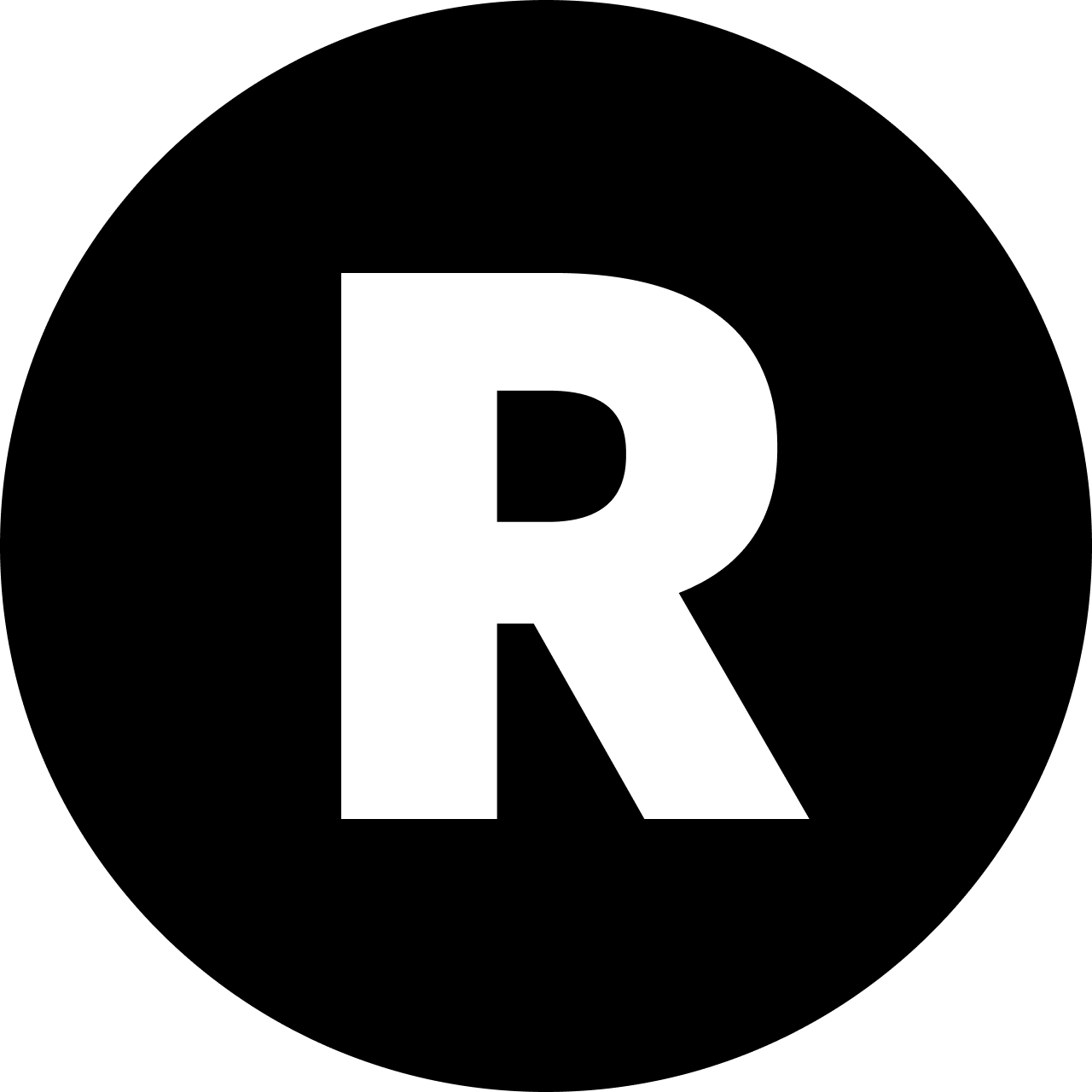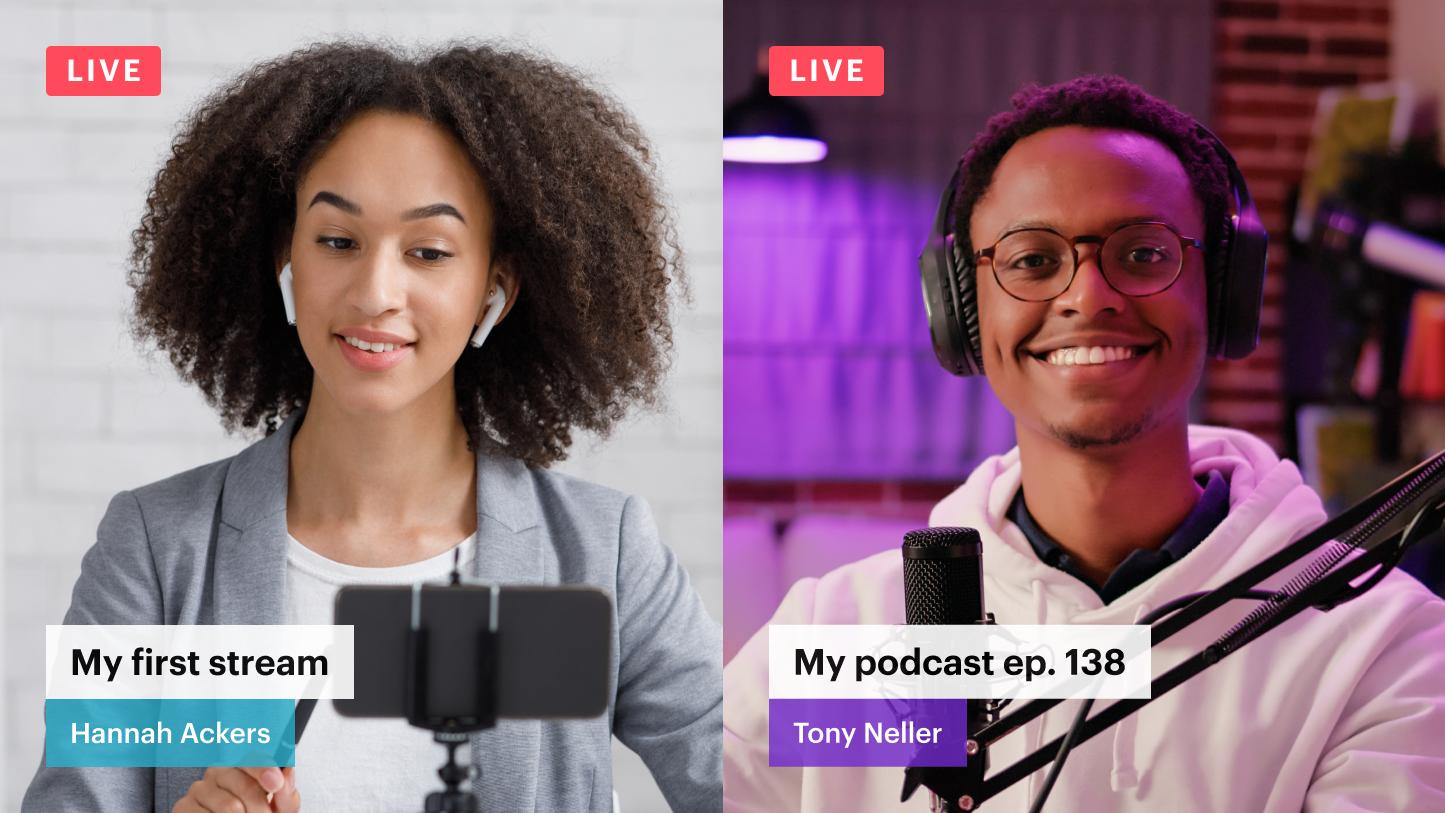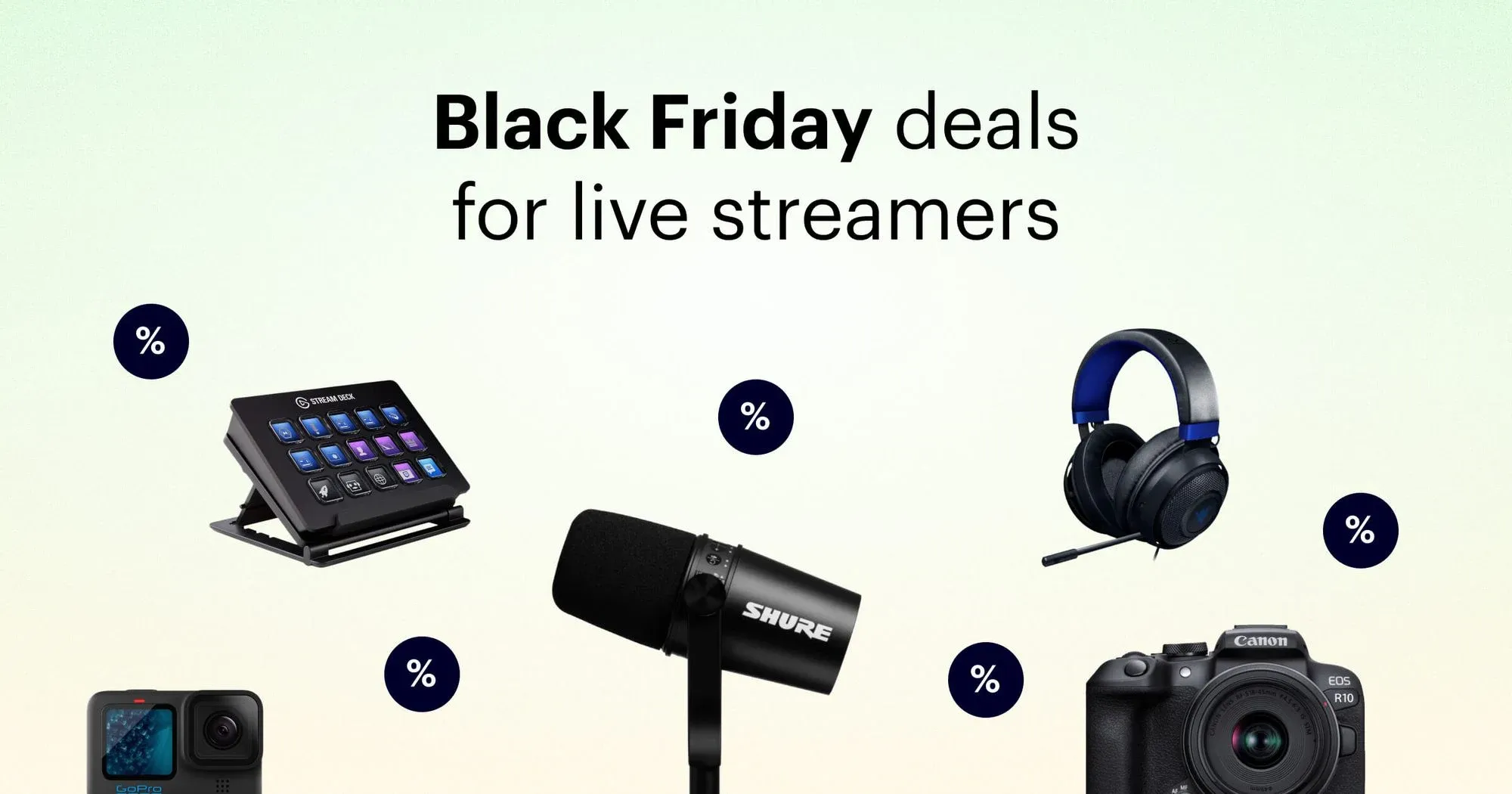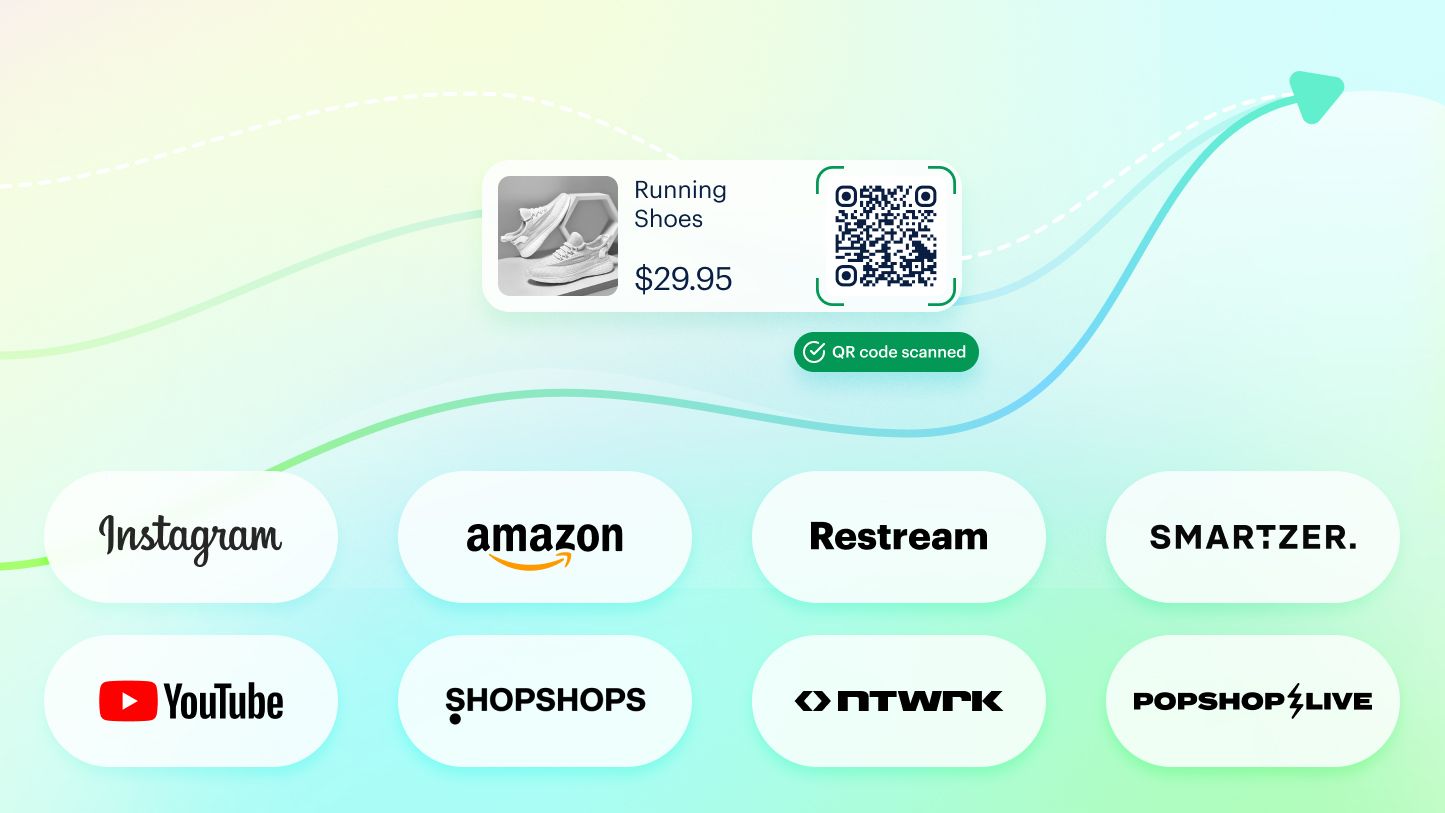It’s never been easier — or cheaper — to launch a podcast. And there’s never been more podcast recording and editing software than there is now, all catering to slightly different needs.
There are many ways to record, edit and post podcasts and the tools you use can affect the style and tone of your show. Choosing the right podcast software shouldn’t be difficult, though. We selected the 11 best podcast recording software and reviewed each one for you. We also included other useful tools podcasters should know about.
How to choose podcasting software
When looking for podcasting software, sometimes referred to as a Digital Audio Workstation (DAW), consider the following features: decent editing capabilities, the level of technical support you need and the ability to save files locally. You should also take your price range into account, as not all the best audio editing software is free.
Editing features
Recording and editing your podcast are two separate processes, sometimes requiring two tools:recording software and an editor. But some recording software comes with editing capabilities to make the process more seamless. If you’re a podcaster who prefers an all-in-one solution, then look for podcasting software with editing features.
Technical support
How tech-savvy are you? If troubleshooting software problems is not in your wheelhouse, then look for a DAW that has adequate technical support and help documentation. The software should include resources you can turn to when things go wrong.
File storage
You’ll need somewhere to save your audio files for your podcast, including your raw recordings and edited versions. A basic podcast recording software should be able to save your files locally on your computer. If you record multiple people for your podcast, you should also look for a split-track recording function on your DAW. Split-track recording allows you to save a separate audio file of each podcast participant, so you can clean them up and make the audio quality of your podcast consistent, no matter who’s speaking.
Price
If you’re on a budget, then you’ll have to factor the price of the software into your decision. There are some great tools you can get for free, but as with most software, if you want the highest quality, it will cost you the most money.
13 best podcast recording and editing software
Whether you need a tool for recording, editing or both, you can find one that fits your needs and budget on this list.
1. Restream
Restream’s live streaming studio software can be used to broadcast live podcasts or record video podcast episodes. With features like custom branding, inviting remote guests, record-only, uploading and streaming premade videos, and multi-seat accounts, you can create a professional and engaging podcast. As a video recording and broadcasting software, Restream lets you create a podcast and distribute it across all your social media channels.
Features
- Record videos and audio without going live
- Save recordings in the cloud with up to 100 GB of storage
- Hi-res 48kHz audio with echo cancellation, noise suppression and stereo sound
- Split-track recording
- Broadcast live podcasts to multiple platforms at the same time
- Upload and stream pre-recorded videos
- Assign roles to team members with one Restream account
- Multi-channel live chat
- Choose pre-set scenes for video podcasts in Studio 2.0
Compatibility: Browser-based
Pros
- Web-based streaming and recording software
- Works for live and recorded podcasts
- Extensive help documentation and tutorials
Cons
- Requires internet connection to use
Pricing
- Basic: Free
- Standard: $16 per month
- Professional: $39 per month
- Business: $199 per month
2. Adobe Audition
Adobe Audition is one of the most popular professional-grade podcast recording and editing software out there. It’s packed with features to make your podcast easy to edit and sound great. That kind of quality doesn’t come without a high price tag, however, and Adobe Audition’s $22.99/month can be more than you want to pay if you’re just starting out.
Features
- Essential Sound panel for professional-quality audio
- Comes with built-in presets to help new podcasters get started
- Single and multitrack recording
- Noise reduction capabilities and advanced compression
- Batch processing lets you apply effects to one file and save those settings so you can apply them to another batch of files
Compatibility: macOS, Windows
Pros
- Adobe is an established brand, so you can find many tutorials online
- Features geared toward podcasting
- Professional audio features
Cons
- Expensive
- Steep learning curve
Pricing
- Adobe Audition for desktop: $22.99 per month
- Adobe Creative Cloud subscription with Audition included: $59.99 per month
3. GarageBand
GarageBand is Apple’s free DAW for iOS and macOS devices. It’s aimed more at musicians than podcasters, but you can grab an external mic and convert your iPhone or iPad into podcasting software that records and edits. It also syncs across your Apple devices, so you can work on your podcast recording whenever you want and wherever you are.
Features
- Sound library
- Works with the Logic Remote app to create a second screen
- iCloud backup
- Effects like visual equalization and compression to increase the quality of your recording
Compatibility: macOS, iOS
Pros
- Portable podcast recording and editing tool
- Free with all iPhones, iPads and Macs
- Clean user interface
Cons
- Mac only
- Lacks advanced features
Pricing
- Free
4. Logic Pro
Logic Pro is a powerful music production and audio editing software. It’s geared more toward music engineers than podcasters, so the sheer number of features may be overwhelming. If you are looking for a high-quality tool that works seamlessly, and you happen to be a music producer as well as a podcaster, then Logic Pro is a good choice for you. It’s a step up from GarageBand, and GarageBand files will load in Logic Pro.
Compatibility: macOS
Features
- Logic Remote app for iOS
- Supports 32-bit audio recording
- Robust music editing tools if your podcast has music
- Library of ready-to-use plug-ins and sounds
- Pitch correction
Pros
- Professional quality audio recording and editing
- App turns iOS devices into a second screen
- Works with GarageBand files
- One-time fee of $200, no monthly subscription required
Cons
- Pricey
- Mac only
- Most features are geared toward music production, not podcasting
Pricing
- One-time purchase: $199.99
5. Auphonic
Auphonic is podcast editing software for people who don’t like to edit. You can upload your recordings from the mobile Auphonic Recorder app, which is iOS only and separate from the Auphonic Edit software.Auphonic’s editing software will analyze and enhance your recordings with level audio and noise reduction. It also provides a transcription of your recording. Auphonic has a free version that lets you upload up to two hours of audio per month. For nine hours of audio, you have to pay $11 per month.
Features
- AI sound engineer for automatic audio editing
- Smart audio leveling
- Transcribes in over 80 languages
- Exports to YouTube, Dropbox, Google Drive and SoundCloud
- Automatic audio ducking and noise gate and cross-talk removal
- Adds metadata and chapter marks to podcasts and audio files
- Desktop and mobile apps
Compatibility: Web-based, Windows, macOS, Android, iOS
Pros
- Speech recognition audio transcription
- Affordable
- Exports to common cloud storage systems
- Beginner-friendly
Cons
- No recording (but you can use Auphonic Recorder on iOS)
- Not ideal for recording longer podcasts with the free version
Pricing
- Auphonic Free — 2 hours of audio per month
- Auphonic S — 9 hours of audio per month: $11
- Auphonic M — 21 hours of audio per month: $24
- Auphonic L — 45 hours of audio per month: $49
- Auphonic XL — 100 hours of audio per month: $99
- Auphonic More — 100+ hours of audio per month: Contact Auphonic
You can also buy one-time Auphonic credits in increments of five, 10, 25, 50 and 100 hours, and they’re valid for an unlimited amount of time.
6. Audacity
Audacity is the free, accessible, open-source audio recording and editing software that many podcasters start with. It’s got all the basic features you’ll need to edit your tracks and clean up your recording. When you’re done editing, you can export into multiple file formats as well. New podcasters love Audacity for its versatility, as it can run on any operating system. Being open source means it’s more likely to be safe to use, as anyone can go in and check the code. However it also means that help documentation is less centralized and more community-based.
Features
- Saveable EQ and fading
- Runs on any operating system
- Choose between 16-bit, 24-bit, or 32-bit recordings
- Library of audio effects
- Join Audacity’s sister service audio.com for cloud-based storage space
Compatibility: macOS, Windows, Linux
Pros
- Good recording and editing features for free
- Supports most commonly used file formats
- Widely used, so there are many online tutorials
- Open source
Cons
- No multitrack recording
- No transcription
Pricing
- Free
7. Podbean
Podbean is known for podcast hosting but it also has recording and editing features. With the mobile app, you can use your phone as a voice recorder and then edit and export the audio. When cleaning up your audio with Podbean you can choose from more than 50 background music tracks and sound effects. It’s a good software for beginners or those who don’t want to invest in expensive podcasting equipment.
Features
- AI audio optimization
- Split and merge audio clips
- Recording, editing, and hosting capabilities
- Unlimited storage and bandwidth (with a paid plan)
- Monetization for podcasters
- Custom podcast website
- Remote guests in recording app
Compatibility: Web-based; iOS; Android
Pros
- User-friendly mobile app
- Create a podcast with just a mobile phone and computer
- Podcast analytics
- Free plan available
Cons
- Live chat support only available with highest-tier plan
Pricing
- Basic: Free
- Unlimited Audio: $9 per month
- Unlimited Plus: $29 per month
- Network: $79 per month
8. Hindenburg Journalist
Hindenburg Journalist has a range of audio recording products geared toward different use cases. The main software and Field Recorder app are geared toward radio broadcasters and podcasters who have multiple clips and interviews to piece together.. With a multitrack audio editor and several features to control the sound quality, Hindenburg’s software is a podcaster’s dream. It’s also a good place to store audio clips so you can come back to them and use them later.
Features
- Transcribe and edit recordings just like a text document
- Automatically sets levels based on loudness
- Upload finished podcast directly to SoundCloud or Libsyn
- Save audio clips for later with the clipboard
- Hindenburg Field Recorder app for mobile recording (iOS only)
- Distribute the same file to multiple recipients simultaneously
- Sound library from Soundly
Compatibility: macOS, Windows
Pros
- Support for many types of audio files
- Designed for podcasters and journalists
- High production value
- Editing is possible without an internet connection
- Store and navigate large amounts of raw material
Cons
- No transcription in the lowest pricing tier
- Pay separately for the Field Recorder and Pro apps
Pricing
- Hindenburg Pro Standard: $12 per month
- Hindenburg Pro Plus: $15 per month
- Hindenburg Pro Premium: $30 per month
- Hindenburg Field Recorder iOS app: $4.99 one-time purchase
9. Reaper
Reaper is the DAW with the most features for the lowest price. This digital audio production application allows you to record, edit, process, and mix audio and MIDI tracks. This software is known as the “lightweight” option because you can install and run it from a USB, meaning you don’t have to install the application on your computer’s hard drive.
Features
- 64-bit internal audio processing
- Supports third-party plug-ins and extensions (for added sound effects)
- Customizable skin and layout
- Audio and MIDI routing with multichannel support
- Track lanes to manage multiple audio tracks
Compatibility: macOS, Windows, Linux
Pros
- 60-day free trial and discounted license fee only $60
- Fast startup
- Customizable UI/UX
Cons
- Somewhat clunky plug-in integration
- No mobile app
- Fewer online tutorials/help resources than other popular DAWs
Pricing
- Discounted license: $60 one-time purchase
- Commercial license: $225 one-time purchase
- 60-day free trial
10. Alitu
Alitu was designed specifically for beginning podcasters. Its primary functions are recording and editing podcasts, and users don’t need much technical knowledge to get started. With an editing process that’s almost fully automated, the $38 per month may seem worth it to beginners. Although Alitu makes editing podcasts a breeze, the audio quality isn’t up to the same standards as other software on the list.
Features
- AI audio engineering
- Drag-and-drop editing tools
- Upload audio files of any type
- Publish straight to podcast hosting provider
- Edit audio recordings like a text document
- Create a podcast website
Compatibility: Web-based
Pros
- Web-based application for use anywhere
- Very easy learning curve
- Includes recording, editing and hosting
Cons
- Web-based means it’s less effective for longer recordings
- Audio quality is lower than other beginning-level DAWs
- No mobile app
Pricing
- Indie Podcasters: $38 per month
- Businesses: $225 per month
11. Spotify for Podcasters
Spotify for Podcasters, formerly Anchor, isn’t a full DAW but a podcast creation and distribution app. You can record, edit and publish your podcast on Spotify, all with the same app. You can record with noise canceling and voice optimization technology, add remote co-hosts and guests and even mix full tracks from Spotify into your podcast episode. You can publish directly to Spotify and monetize with monthly listener subscriptions or ads. The downside to Spotify for Podcasters, however, is that you can’t publish your podcast on any other platforms.
Features
- Pushes uploaded podcasts directly to Spotify
- Monetization options
- Free unlimited hosting
- Analytics from Spotify
- Remote guests and co-hosts
Compatibility: Android, iOS, Web-based
Pros
- Free for all features
- Easy to learn
- Unlimited podcast hosting
- All-in-one tool
- Support for importing existing podcast feeds
Cons
- Spotify owns the rights to your podcasts
- Limits recording to two hours
Pricing
- Free
12. Descript
Descript is a video and audio editing tool that transcribes your files and lets you edit the audio or video using the transcribed text, like editing a word document. Several podcast editing software have this same feature now, but Descript was the first to offer it. Other key features Descript offers are voice enhancement, automatic filler word removal and a media library full of sound effects and music. You can also clone your voice using AI and generate audio that sounds like you just from text.
Features
- Built-in recording
- Transcription editing
- AI editing features like filler world removal and studio sound
- Also a video editor
- AI speech
- Multitrack recording
Compatibility: macOS, Windows
Pros
- Combine similar tracks and files into sequences
- Sound effects like volume control, background noise reduction, leveling, fades and more
- Batch editing
Cons
- No mic labeling
- Free plan only offers one hour of transcripted audio or video per month
- No podcast hosting
Pricing
- Free
- Creator: $12 monthly
- Pro: $24 monthly
- Business: $40 monthly
13. Zencastr
Zencastr is a full podcast recording, editing, hosting and promotion platform. You can record audio or video with multiple tracks and then edit your audio and video like a text document. Zencastr also hosts your podcast for you, so you can publish your files directly to podcast platforms like Spotify and Apple Podcasts. The app also has a few tools that let you create social media posts from your podcasts so you can promote your show. Zencastr also has a Creator Network that lets you run ads and sign up for sponsorships so you can monetize your podcast.
Features
- Mobile app for portable podcast recording
- Transcriptions
- Multitrack recording
- 16-bit 48K WAV audio
- Podcast platform distribution
- Embeddable audio and video player
- Podcast analytics
Compatibility: macOS, Windows, Linux, iOS, iPadOS
Pros
- Insert audio clips as you record
- Video podcast with 4K resolution
- Built-in monetization tools
Cons
- Interface is a bit clumsy
- No free plan
Pricing
- Standard: $18 monthly
- Grow: $24 monthly
- Scale: $40 monthly
- Business: $80 monthly
Other useful tools for podcasters
A DAW isn’t the only non-hardware tool you’ll need to make a podcast. You’ll also need a platform to host your audio files and tools for remote interviews, transcription, scheduling guests and promotion. The following resources will make creating your podcast much easier:
- YouTube Live: If you want to make a live video podcast, YouTube Live is one of the best platforms to stream to. You can also use YouTube to post behind-the-scenes clips as Shorts or even add your podcast episodes to the Podcast tab on your YouTube channel.
- Zoom: Zoom is one of the most common video conferencing applications available today, so your guests will likely have experience using it. You can record your call in Zoom and upload the file to your podcast editing software.
- Play: Play is a natural text-to-speech AI generator, which allows you to create voiceovers of your articles, blogs or written content. You can select from over 260 AI voices, do as many revisions as you need, and retain the full commercial and broadcast rights over the voiceover you create.
- Buzzsprout: Buzzsprout is one of the best podcast hosting platforms for businesses. It’s not free, but the pricing is reasonable, and the interface is easy to use. You also get access to analytics, and there are helpful forums and Facebook groups dedicated to Buzzsprout to help you navigate the platform if you’re new.
- Calendly: Calendly is an appointment scheduler that works across platforms, so you and your podcast guests can schedule times to record without having to integrate calendars. Paid versions of Calendly also let you add it to your website and collect payments.
- Blubrry: Blubrry is a podcast hosting platform with robust statistics. It provides accurate insights on your listeners, where they are, and which platforms they’re using. Blubrry also gives you a free WordPress website when you sign up for their platform.
- Castos: With the Castos WordPress plugin, you can upload podcast audio files to your WordPress site and manage your podcast from within the WordPress dashboard. Castos creates RSS feeds that Spotify, Apple Podcasts, and Stitcher can read and provides you with useful listener analytics.
FAQs
How do I record a podcast?
To record a podcast, you need a recording app. Some apps, like Spotiy for Podcasters or Alitu are designed specially for recording podcasts and include features such as noise cancellation. You’ll also need podcasting equipment such as a microphone and possibly an audio mixer.
Is there a free podcast recording software?
The best free podcast recording and editing software are Audacity and GarageBand. You can also use free videoconferencing software such as Zoom or Skype to record your podcasts, if they feature a remote guest or co-host.
What software is the best for a video podcast?
The best software for creating a video podcast is Restream Studio. It has advanced audio and video features, letting you customize your video podcast with your branded graphics and record with split-track audio. If you want to host a live video podcast, you can also use Restream Studio to broadcast to multiple social media platforms simultaneously.
Wrap up
Launching a new podcast or overhauling an existing one can be an exciting process, but choosing the right podcast recording software shouldn’t be stressful. Not every software is perfect for every podcaster, so make sure you choose one that has the features you need. If you go with one of the 11 on our list, you’re already off to a good start.







